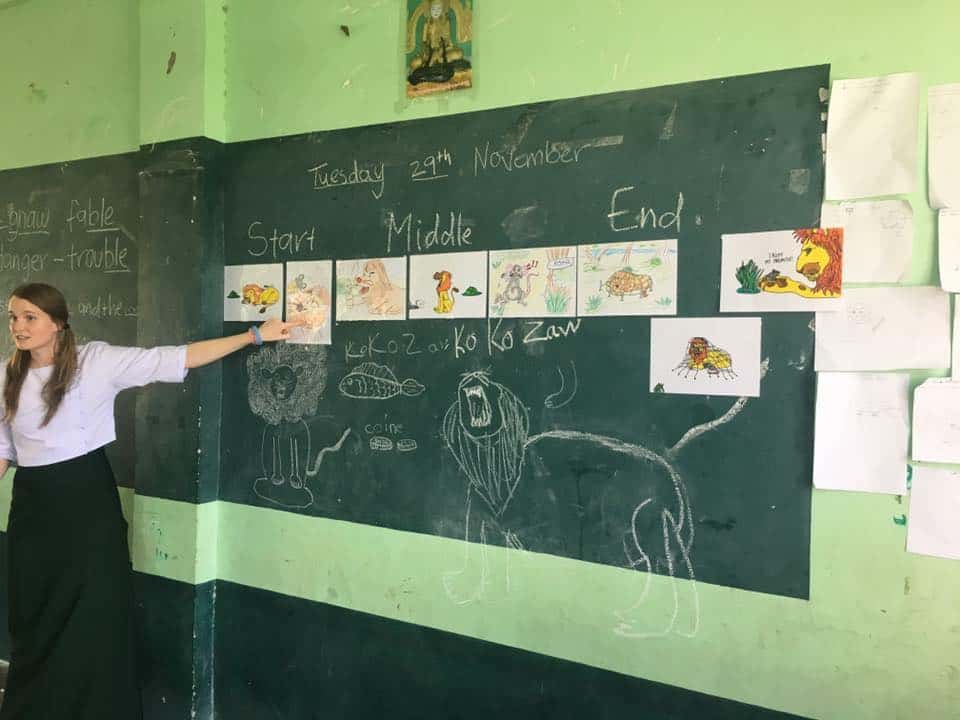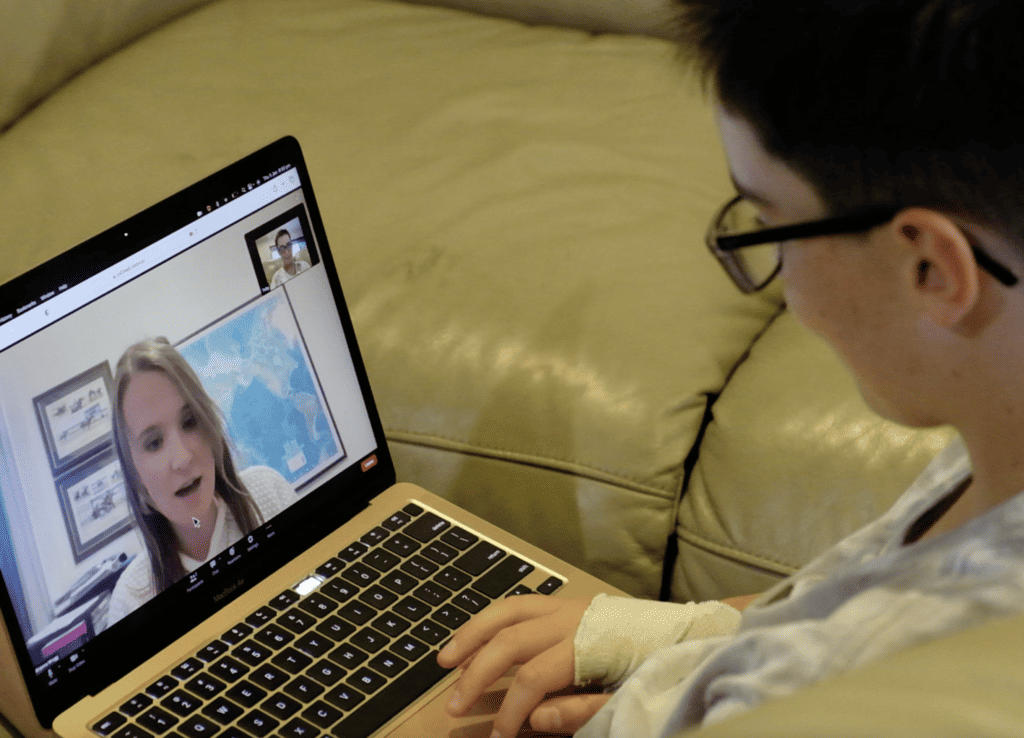Teaching
Within the intricate tapestry of guiding young writers, the roles of teacher, mentor, and coach each cast a unique hue, shaping the journey in distinct ways. Reflecting on my four-year departure from formal teaching in schools, I recognize the dual nature of my impact. As a language arts teacher, I certainly kindled a love for words in many students. Yet, the rigidity of curricula and the pursuit of standardized outcomes may have inadvertently curbed some students’ creative spirits and innate curiosity about writing.
This realization aligns me with educational critics like John Holt, John Gatto, and Sir Ken Robinson, who question the conventional schooling system’s emphasis on uniformity over individual creativity. My teaching often revolved around replicable formulas and constrained exploration, bound by the ever-changing demands of the curriculum and tight schedules.
Despite these reflections, I affirm the enduring significance of the teacher’s role. The digital age, with resources like instructional YouTube videos on character building, writing structures or punctuation use, underscores the value of structured learning. Indeed, there are moments in mentoring when adopting an instructor’s hat becomes useful and necessary. Recently, I had a session with a restless student who was new to essay writing and overwhelmed by an impending deadline. In this instance, stepping into the instructor role to outline basic essay structure provided the immediate support he needed. While my journey in education has led me away from a traditional teacher identity, the complex essence of teaching and its integral role in the expansive realm of learning and creativity continue to resonate with me.
Mentoring
Mentoring emphasizes personal growth and a broader guidance spectrum, focusing on the mentee’s individual needs and projects. For instance, I mentor a young blogger and provide tailored advice and insights during our bi-weekly meetings. In this dynamic, the mentee drives the agenda, determining how feedback is received and the blog’s objectives. My role is facilitating reflection and strategic thinking, asking questions like, “What is the blog’s purpose?” or “How does rearranging these paragraphs enhance your argument?” I might also provide examples based on my experience or offer guidance based on the mentee’s answers. While I bring expertise to the table, the mentee’s perspective and goals steer our sessions.
I have found mentors to be profoundly reciprocal; I find myself learning and evolving with my mentees, a testament to the self-directed nature of these relationships. For instance, while editing a blog with one of my mentees, we detoured to the biological evolution of hiccups. This fascinating detour led us to explore the parallels with societal norms and customs, enriching her blog’s content and my reading library list. In my mentoring practice, I aim to cultivate writing skills and a deeper self-awareness and worldly perspective in children, guiding them to harness their unique interests and passions.
Matching mentors with mentees requires a clear understanding of the mentee’s objectives. This is why I love getting to know our Writers’ through my Writers’ 45 workshops and discussions beforehand, ensuring a compatible and productive mentoring partnership.







